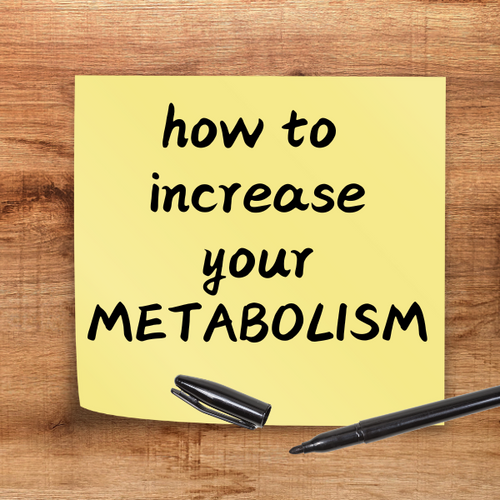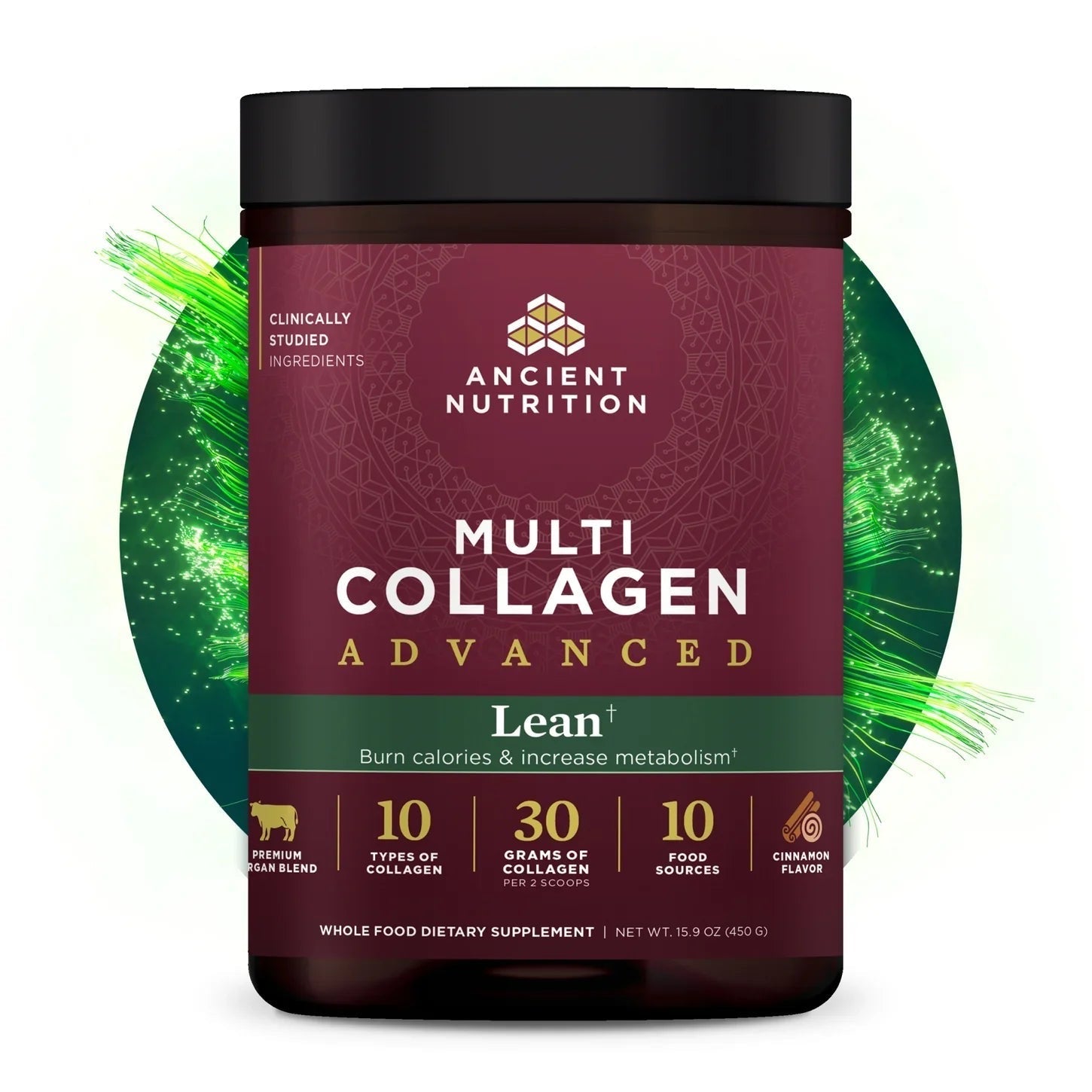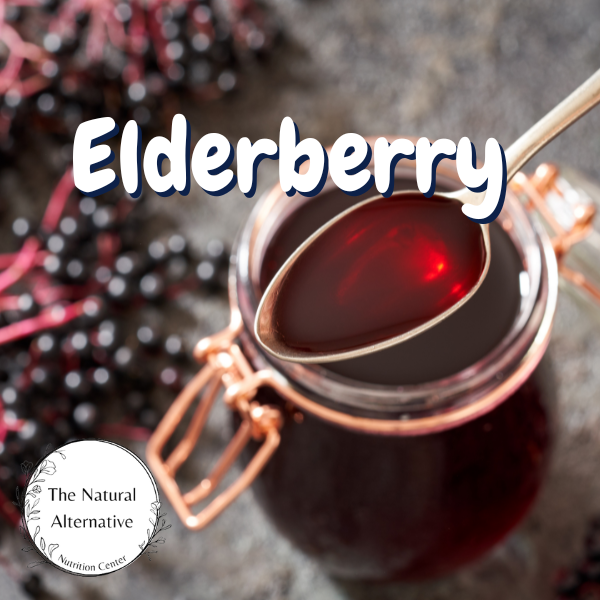
What is CoQ10?
, 6 min reading time

, 6 min reading time
CoQ10 is a fat-soluble substance similar to a vitamin, produced in the body and naturally present in certain foods. It is primarily synthesized in energy-demanding organs such as the liver, lungs, kidneys, and heart, as well as in skeletal muscle and cell membranes.
CoQ10 is crucial for cellular energy production and also functions as an antioxidant, safeguarding cells and organs from damage caused by free radicals and other harmful molecules.
Free radicals are chemically unstable molecules that arise as by-products of normal metabolic processes. If not controlled, they can accumulate and harm DNA and cell structures. Antioxidants like COQ10 help neutralize free radicals, providing protection against this damage.
We naturally produce less CoQ10 as we age, which may partly explain why we become more prone to the harmful effects of free radicals as we get older. Many scientists believe free radicals add to the ageing process and contribute to age-associated conditions like dementia, cancer, and cardiovascular disease. COQ10 is rising in popularity as a health supplement because of its benefits for the effects of ageing and age-associated diseases.
COQ10 comes in two forms: ubiquinone and ubiquinol. Both CAN reflect the fact that this molecule is ubiquitous (widespread) in the body, and can help a broad range of conditions.
By reducing oxidative damage caused by free radicals, CoQ10 can contribute to maintaining heart health, enhancing heart function, and lowering blood pressure. High blood pressure and other risk factors for heart failure can lead to cellular damage, inflammation, and increased oxidative stress.
Studies indicate that CoQ10 supplements may play a significant role in mitigating this damage. They have been shown to help alleviate symptoms of heart failure and may also reduce the occurrence of serious cardiovascular events. This suggests that CoQ10 could be a valuable addition to heart health strategies, particularly for individuals at risk for heart-related issues.
CoQ10 plays a vital role in cellular energy production, serving as a key component in the process that converts nutrients into adenosine triphosphate (ATP), the primary energy carrier in our cells. This is particularly important for individuals experiencing low energy levels or fatigue.
Supplementing with CoQ10 can help boost energy levels and alleviate feelings of tiredness, making it a beneficial option for various groups. Athletes and those who engage in regular physical activity may find that increased CoQ10 levels support their energy needs, enhance performance, and improve recovery times after exercise.
Additionally, CoQ10 can be especially helpful for individuals facing age-related fatigue, as natural CoQ10 levels tend to decline with age. For those managing chronic fatigue syndrome or fibromyalgia, CoQ10 supplementation may provide a means to improve overall energy and combat debilitating tiredness. By enhancing mitochondrial function and reducing oxidative stress, CoQ10 can contribute to a more robust energy production system, benefiting both active individuals and those dealing with chronic fatigue conditions.
Migraine Support
CoQ10 lives in the center of each cell. It improves the function of your cells and if they are disturbed, it can cause you to have low energy which can increase your chances of having a migraine. CoQ10 has been thought to help reduce the frequency of migraines in adults and children.
Ubiquinone Vs Ubiquinol – What’s the difference?
Coenzyme Q10 (CoQ10) is a vital compound found in the body, existing in two primary forms: ubiquinone and ubiquinol. Both forms play critical roles in cellular energy production and have unique characteristics that contribute to their specific functions in the body.
Ubiquinone, often referred to as CoQ10, is the oxidized form of coenzyme Q10. It plays a crucial role in the electron transport chain, a process that generates ATP (adenosine triphosphate), the primary energy currency of the cell. Ubiquinone is found in the mitochondrial membranes of cells, where it helps facilitate energy production.
Ubiquinol, on the other hand, is the reduced form of CoQ10. This means it has gained electrons and can function as a powerful antioxidant. Ubiquinol is also essential for energy production but has additional roles in protecting cells from oxidative stress by neutralizing free radicals.
The primary difference between ubiquinone and ubiquinol lies in their chemical structure. Ubiquinone is characterized by its quinone structure, while ubiquinol contains an additional hydrogen atom, giving it a hydroxyl group. This structural difference enables ubiquinol to act as an antioxidant, scavenging free radicals and reducing oxidative stress in cells.
Both forms of CoQ10 participate in redox reactions, meaning they can interchange between oxidized and reduced states. This ability is crucial for maintaining cellular energy levels and protecting against oxidative damage. However, ubiquinol is often considered more bioavailable, meaning it is more easily absorbed and utilized by the body.
The bioavailability of ubiquinone and ubiquinol varies significantly. Research suggests that ubiquinol may have a higher absorption rate compared to ubiquinone, particularly in older adults or individuals with certain health conditions. This is important because the effectiveness of CoQ10 supplements can depend on how well the body can absorb and utilize them.
Studies have shown that ubiquinol supplementation can lead to higher plasma levels of CoQ10 in the bloodstream compared to ubiquinone, particularly after meals. This enhanced absorption makes ubiquinol an attractive option for individuals seeking to boost their CoQ10 levels effectively.
In summary, ubiquinone and ubiquinol are two forms of CoQ10 that play essential roles in cellular energy production and antioxidant protection. While both forms contribute to overall health, they have unique properties that may make one more suitable than the other for specific individuals or conditions. Ubiquinol’s higher bioavailability and antioxidant capabilities make it particularly beneficial for older adults and those managing chronic fatigue or cardiovascular issues, whereas ubiquinone remains a valuable option for general health support. Understanding these differences can help individuals make informed decisions about their CoQ10 supplementation to enhance their health and well-being.
*It's essential to consult with a healthcare provider before starting any new supplement regimen, especially for individuals taking medications such as blood thinners or those with underlying health conditions. CoQ10 may interact with certain medications, and a healthcare professional can provide guidance on appropriate dosages and potential interactions.
To learn more about our CoQ10, stop by or give us a call! Check out all of our products here and be sure to join our mailing list to stay up to date with our sales, promotions and events!
Interested in learning more? Stop by our store or visit our website for to see any other supplement you might be interested in! We carry a large selection on Organic Supplements, Natural Health Supplements, Organic Vitamins, and Herbal Supplements!



